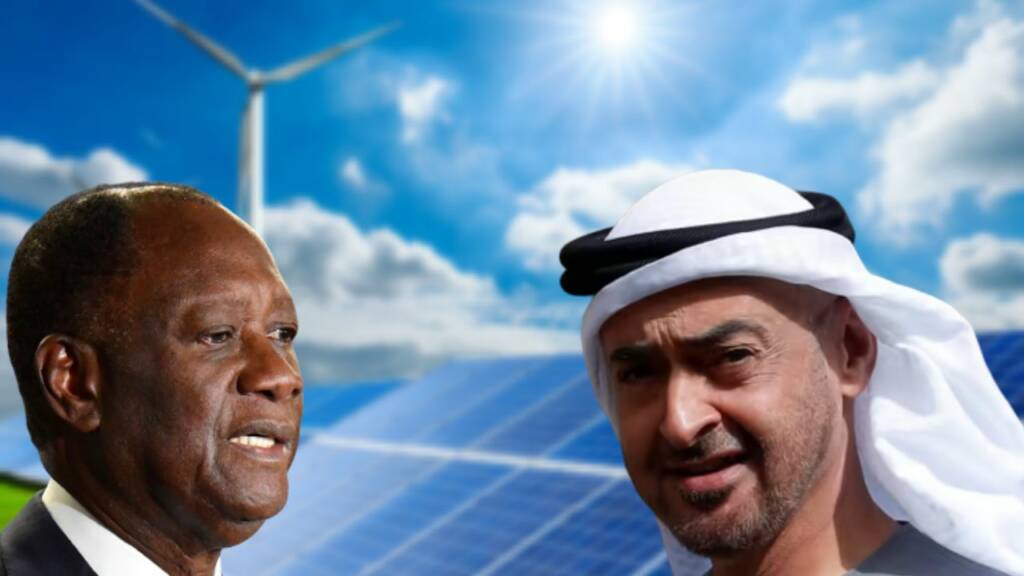Ivory Coast also known as Côte d’Ivoire, has experienced electricity shortages and power outages in the past. In 2021, the country witnessed a nearly 45-day-long energy crisis due to a drop in electricity generation. A prolonged dry season had reduced water levels at hydropower dams, causing this crisis that hit the economy hard and left households and businesses frustrated. It also resulted in power cuts to neighboring West African countries, Mali and Burkina Faso.
As per a report, the West African nation has acquired a new reserve power plant with a capacity of 200 megawatts (mW) and has repaired the Azito plant in Abidjan. Furthermore, Ivory Coast has invested heavily in renewable energy sources like solar power and plans to increase its generation capacity significantly in the coming years. In a recent development, Ivory Coast’s solar power ambitions have received a boost from the United Arab Emirates.
Read More: Ivory coast and Ghana leave the West gasping for chocolate
Ivory Coast’s “Solar” agreement with UAE’s Masdar
According to a report, Ivory Coast has signed an agreement with UAE renewable energy company, Masdar, to explore the development of a 50-70 megawatt (MW) solar power plant. Ivory Coast has also committed to reducing its greenhouse gas emissions by 32% and increasing the share of renewable energy in its energy mix to over 40% by 2030. The agreement is part of a master plan to develop production facilities that integrate solar power, hydroelectricity, and biomass.
As per the statement of the company, Masdar and Ivory Coast will explore the joint development of solar photovoltaic plants in Ivory Coast, starting with the first 50-70-megawatt (MW) plant. Masdar aims to deliver 100GW of clean energy worldwide by 2030 and sees huge potential for the renewable energy sector across Africa.
Read More: UAE backs Zambia’s Solar Dream
Ivory Coast aims to increase its electricity generation capacity and improve the reliability and accessibility of electricity to its people. This agreement supports Ivory Coast’s clean energy goals and will help drive sustainable economic development for the nation.
Moreover, increased electricity generation in Ivory Coast also holds significant importance as it also exports electricity to six African countries like Burkina Faso, Mali, Ghana, and others. Through its electricity exports, it has not only strengthened economic ties with its neighbors but also helped to increase access to reliable electricity in the region. Moving forward, the agreement with the UAE will be a major boost to Ivory Coast’s solar power ambitions and will also help in the economic development of the region, at large.
https://www.youtube.com/watch?v=6GKRyX2nnVQ
